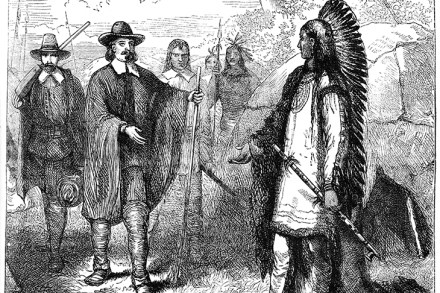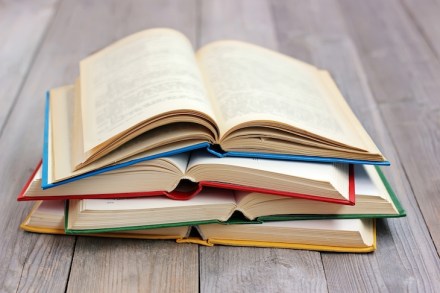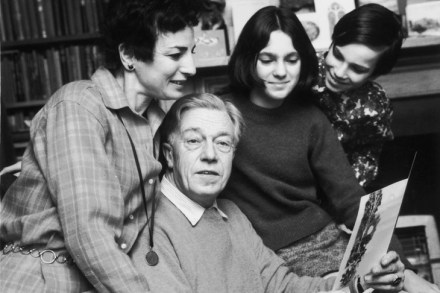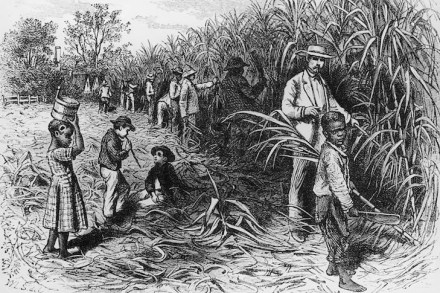The great betrayal
More from BooksThey were at sea for more than two months in desperately cramped conditions. The battered ship, barely seaworthy, pitched violently in storms where the swell rose to 100 feet. One of the beams cracked and there was talk of returning to England before it was temporarily repaired with a house jack. With spray in their






























